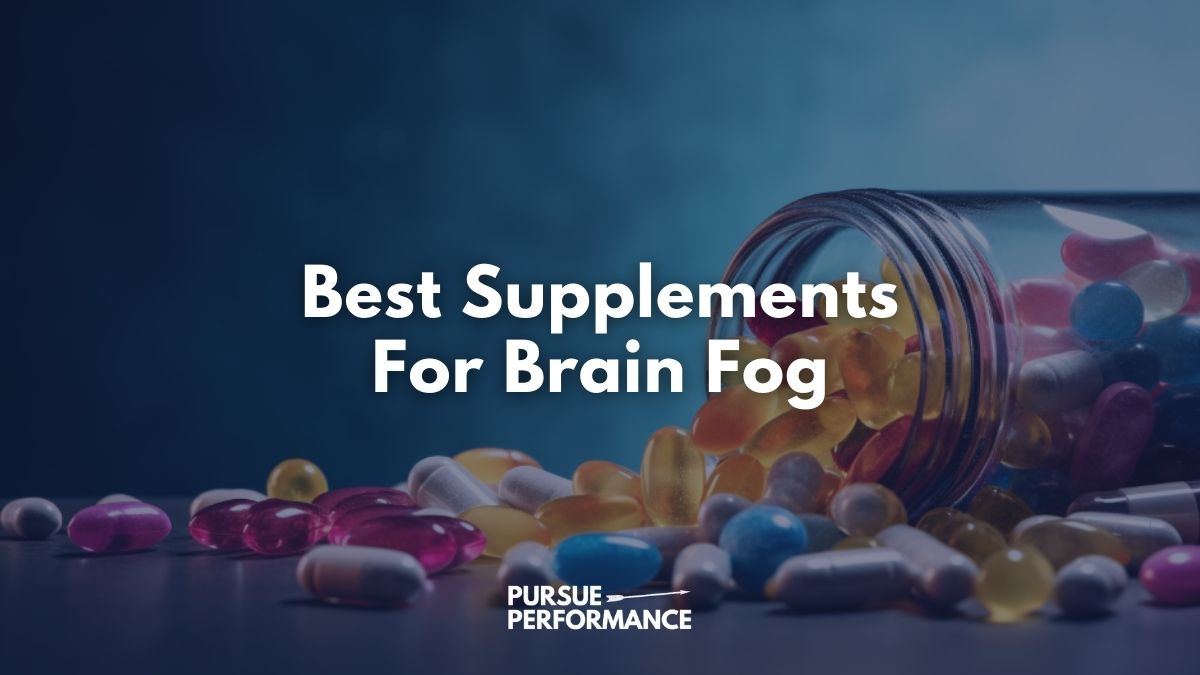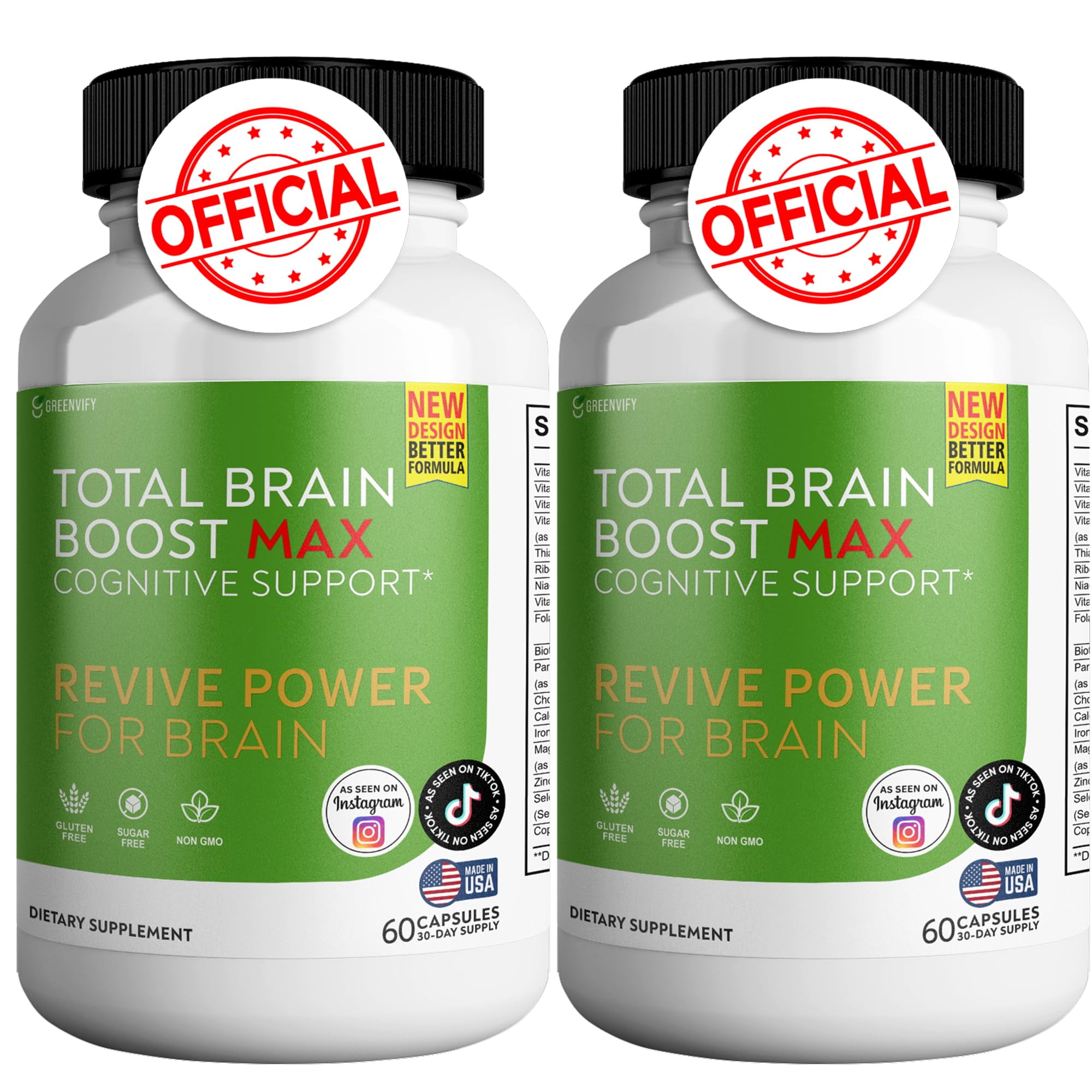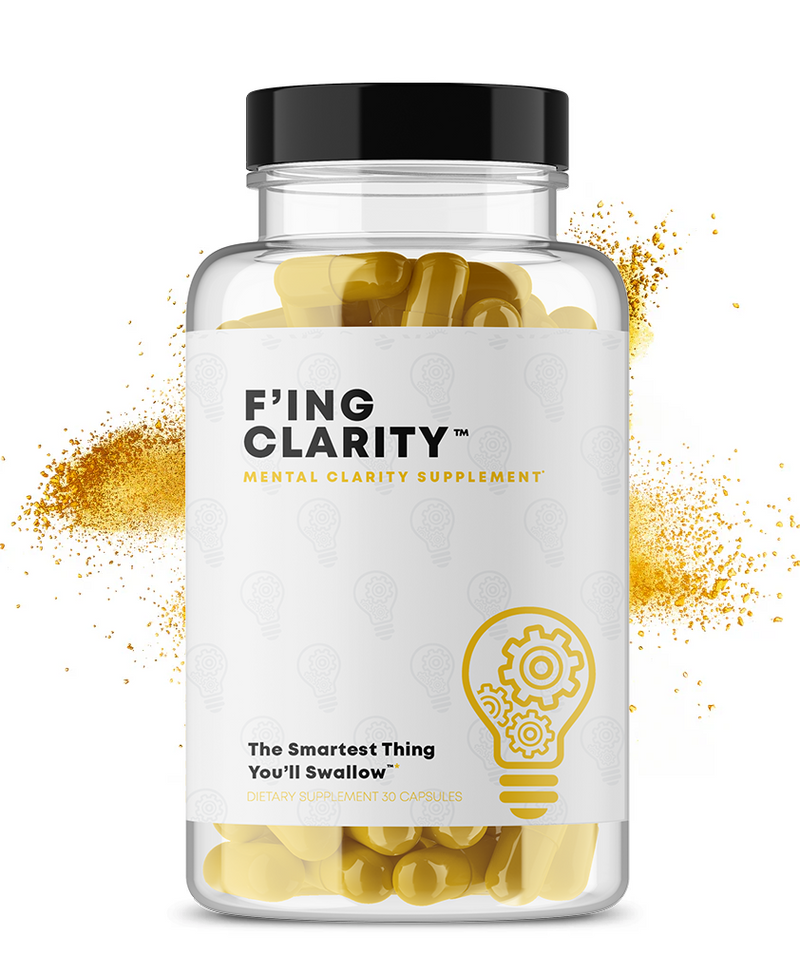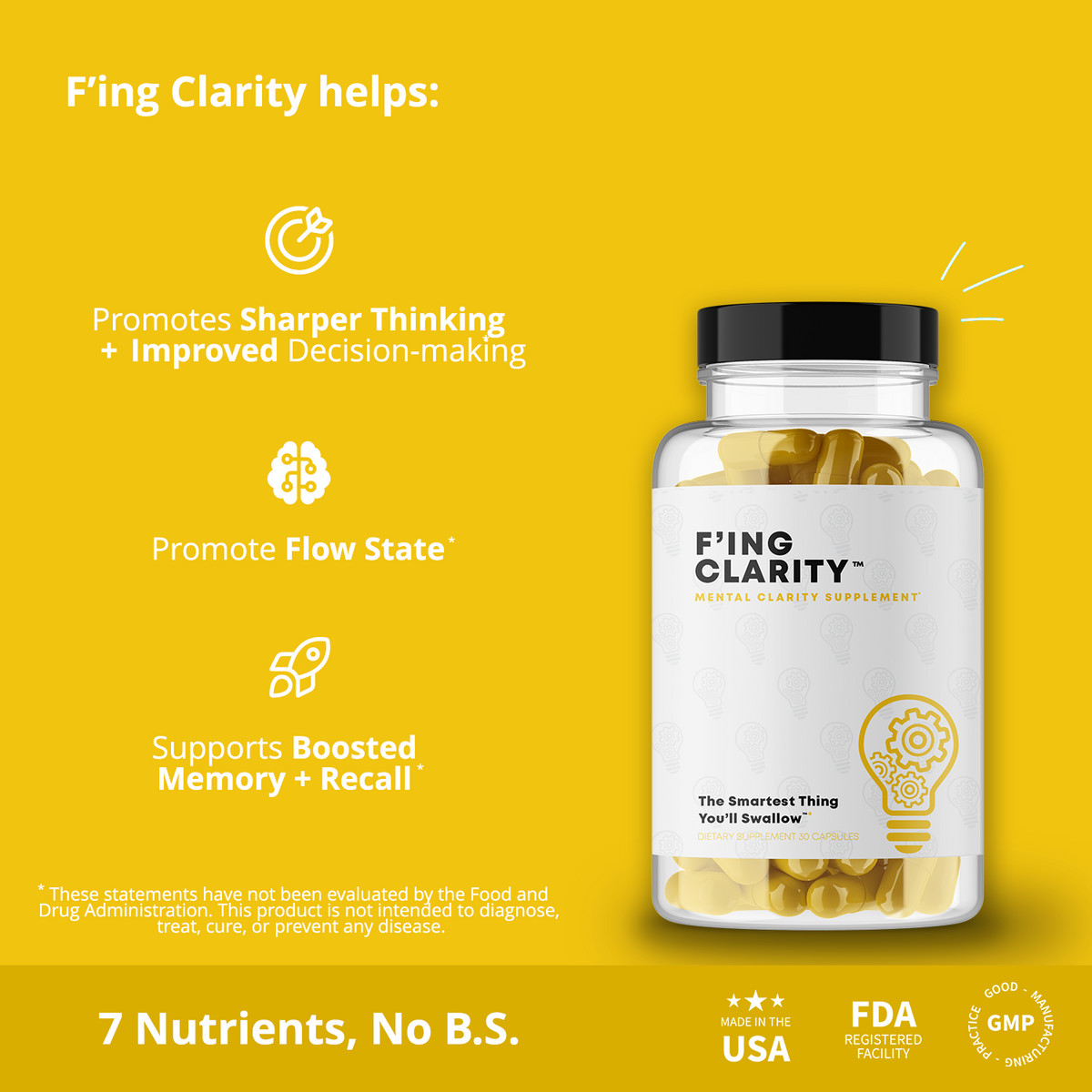This Popular Supplement Could Clear Brain Fog
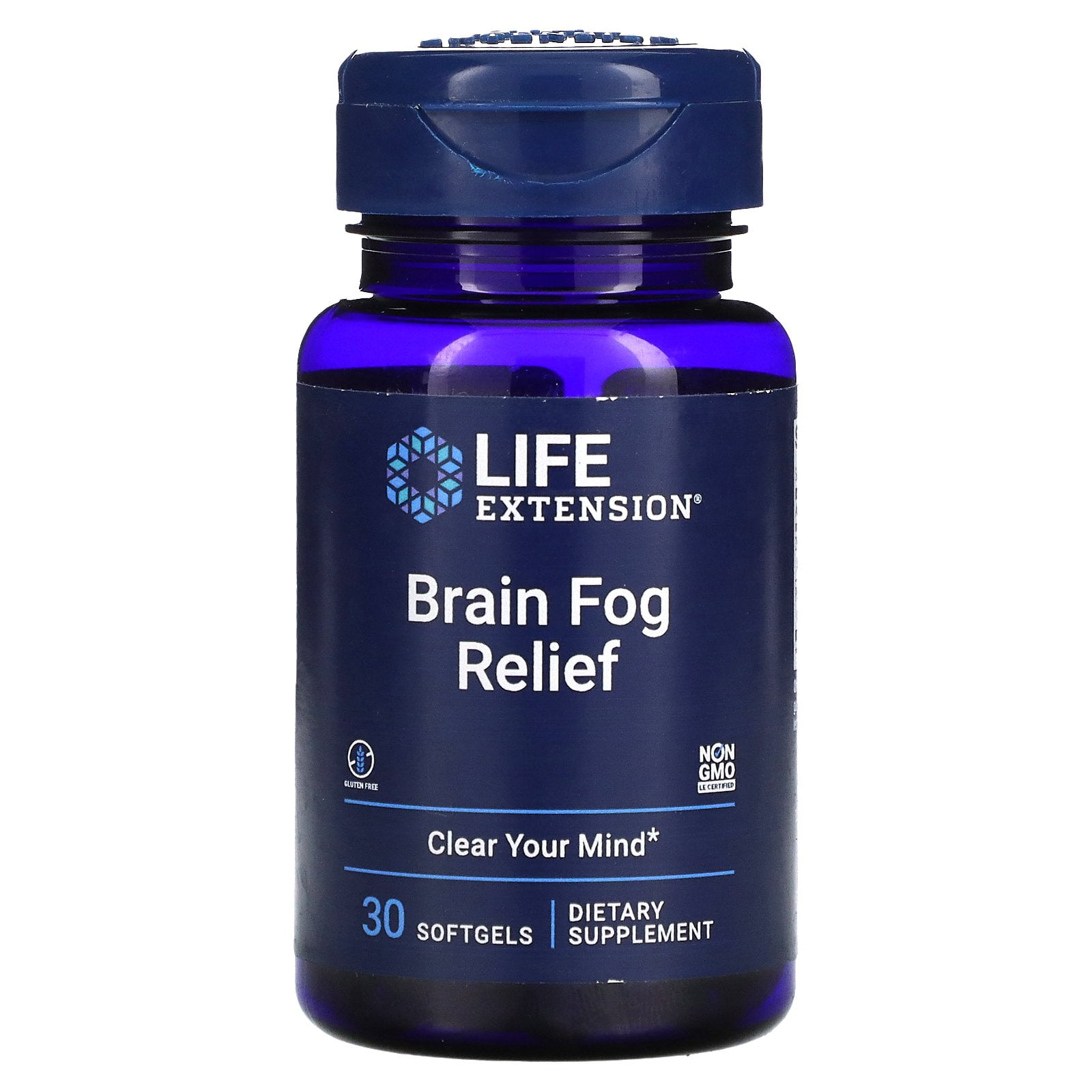
Brain fog, that frustrating cloud of mental sluggishness, is increasingly recognized as a significant impediment to daily life, affecting productivity, focus, and overall well-being for millions. From students struggling to concentrate to professionals battling burnout, the demand for effective solutions is soaring.
But could a simple, readily available supplement hold the key to clearing the mental haze? Research is mounting around the potential cognitive benefits of creatine, a naturally occurring compound primarily known for its role in muscle building. While not a magic bullet, early studies suggest that creatine supplementation may offer a promising avenue for improving cognitive function, particularly in specific populations.
Creatine: More Than Just Muscles
For years, creatine has been a staple in the fitness world, lauded for its ability to enhance strength, power, and muscle mass. It works by increasing the availability of ATP (adenosine triphosphate), the primary energy currency of cells, particularly in muscle tissue. This allows for more intense and prolonged physical exertion.
However, the brain is also a highly energy-demanding organ. Emerging research indicates that creatine plays a vital role in maintaining optimal brain function. Just like muscles, the brain relies on ATP to power its complex processes, including memory, attention, and learning.
“The brain's energy demands are incredibly high, and creatine plays a crucial role in buffering energy fluctuations,” explains Dr. Sarah Miller, a neuroscientist at the University of California, Berkeley, who has conducted research on creatine and cognitive function. “Supplementing with creatine can help ensure that the brain has sufficient energy to perform optimally, especially during periods of high cognitive demand or stress.”
The Science Behind the Brain Boost
Several studies have explored the impact of creatine supplementation on cognitive performance. A meta-analysis published in the journal Nutrients in 2018 reviewed six placebo-controlled trials and found that creatine supplementation significantly improved cognitive function, particularly in tasks involving short-term memory and intelligence/reasoning.
Another study, published in Experimental Gerontology, investigated the effects of creatine supplementation on cognitive function in older adults. The results showed that creatine supplementation improved memory recall and reduced mental fatigue in this population. This is significant, as cognitive decline is a common concern among older adults.
"Creatine appears to be particularly beneficial for individuals who are experiencing cognitive fatigue or sleep deprivation," notes Dr. Emily Carter, a researcher at the University of Oxford who specializes in cognitive enhancement. "In these situations, the brain's energy reserves are depleted, and creatine can help to replenish them."
Who Benefits Most?
While the research is promising, it's important to note that not everyone experiences the same cognitive benefits from creatine supplementation. Studies suggest that vegetarians and vegans may see more significant improvements, as they typically have lower baseline levels of creatine in their bodies due to the absence of meat in their diet.
Furthermore, individuals experiencing conditions that affect brain energy metabolism, such as chronic fatigue syndrome or traumatic brain injury, may also benefit from creatine supplementation. However, more research is needed to fully understand the potential therapeutic applications of creatine in these populations.
“It's not a universal cognitive enhancer,” clarifies Dr. Miller. “The effects appear to be more pronounced in individuals who are deficient in creatine or who are experiencing conditions that compromise brain energy metabolism.”
Potential Risks and Side Effects
Creatine is generally considered safe for most people when taken at recommended doses. The most commonly reported side effect is water retention, which can lead to weight gain. However, this is usually temporary and harmless.
Some individuals may experience gastrointestinal issues, such as bloating or stomach cramps, particularly at higher doses. It's advisable to start with a low dose and gradually increase it to minimize the risk of these side effects.
Individuals with pre-existing kidney conditions should consult with a healthcare professional before taking creatine supplements, as there have been some concerns about potential kidney stress. However, studies have generally shown that creatine is safe for individuals with healthy kidneys.
The Future of Creatine and Cognitive Health
Research into the cognitive benefits of creatine is ongoing, and scientists are exploring its potential applications in a range of conditions, including Alzheimer's disease and Parkinson's disease. Early studies have shown promising results, but more rigorous clinical trials are needed to confirm these findings.
“We are still in the early stages of understanding the full potential of creatine for brain health,” says Dr. Carter. “However, the existing research suggests that it could be a valuable tool for improving cognitive function and protecting against age-related cognitive decline.”
While creatine is not a substitute for a healthy lifestyle, including a balanced diet, regular exercise, and adequate sleep, it may offer a safe and effective way to boost brainpower for certain individuals. As research continues to unfold, creatine may become an increasingly recognized and utilized supplement for cognitive enhancement.



